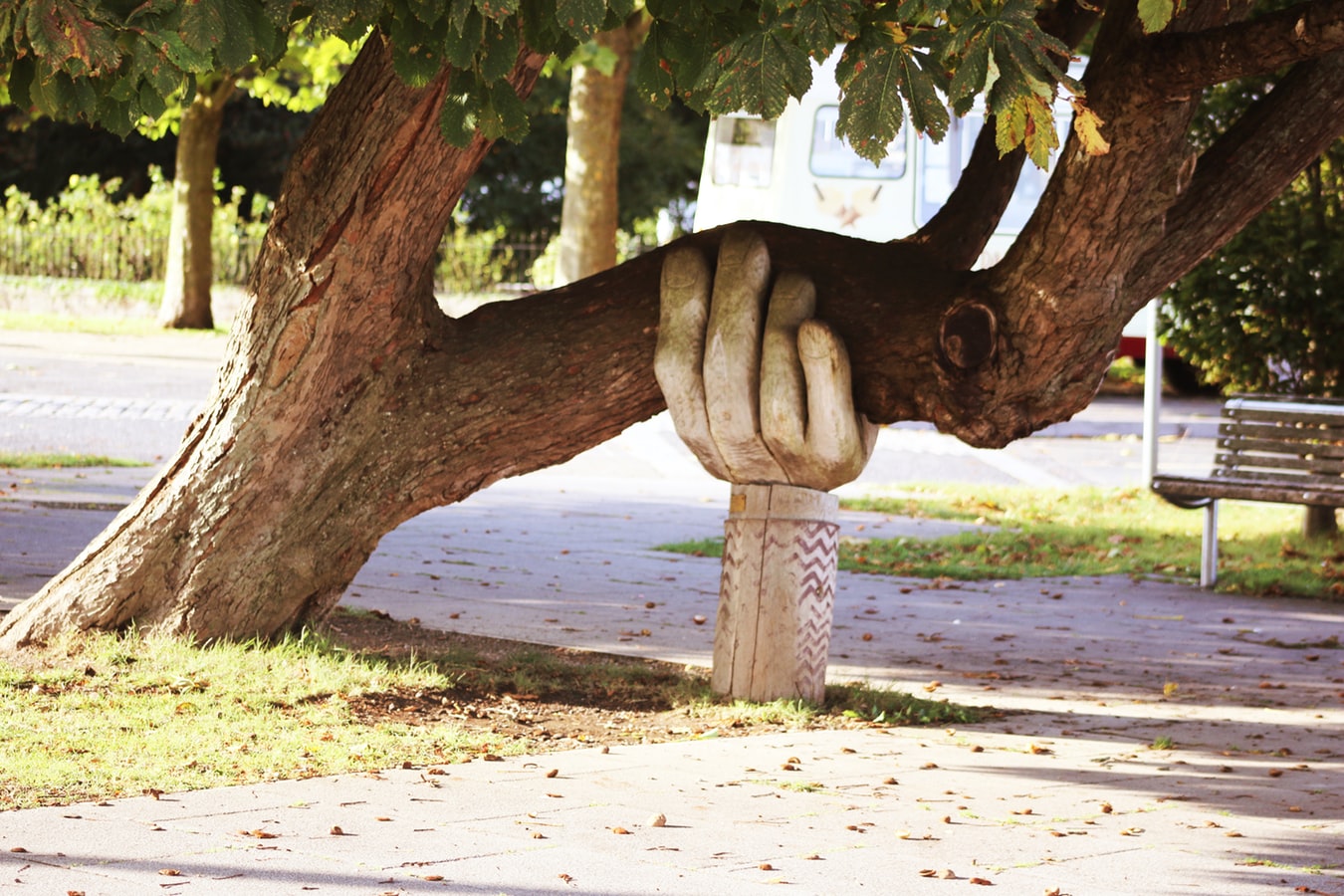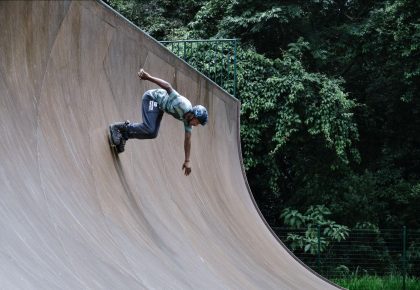
How are you in this astonishing and exhausting new time of Covid-19? I think we are all still in shock, working at making ourselves do what humans so dislike to do – manage swift change and adaptation. I wonder what has been helpful for you so far (apart from staying well, which I truly hope that you are?)
You may have remembered the Change Cycle, as I have, reminding myself in particular of the key associated behaviours and responses of what is actually a grief cycle. It’s much messier than it looks in the oh-so-symmetrical circle here – and it still offers real insight. You will be seeking out reliable information, looking for the steadying effect of true data and intelligence in the midst of much dramatic, unbalanced reporting: I find that at the factchecking service www.fullfact.org, in online talks like this by Alanna Shaikh at TED and on the WHO site, amongst others. And it makes me determined to find out more about what can make us all stronger during these testing weeks and months ahead.
QUESTIONS
So here is a question I would really value you answering now. ‘In these difficult times, what in your life dependably gives you strength?
We started answering this in a TTT Faculty call last week. Most of us mentioned the uplifting impact of being out in nature, the deliberate practice of gratitude and kindness; regular exercise like yoga and running; the turning-to what is going well rather than the opposite. Many mentioned the power of great music and great writing, some spoke of mindfulness and being fully present to the immediate, of not thinking too far ahead.
What came to me suddenly in answer to the question was an insight into our deep loss of connection and autonomy. We are being forced to do something truly alien to us as humans: to be wary of everyone we are near (including those we love) in case they (or we) are transmitting the virus. This is unprecedented and counter-intuitive: normally we can trust that most people cant and won’t infect us. So we are fearful.
Which means the brain’s limbic system is permanently on high alert, scanning for news, for safe locations, for the new danger of being too close. So it’s over-producing adrenaline and other fight/ flight hormones, which is both stimulating and very tiring. I feel it helps to remind ourselves that that’s what’s happening, and to be kind to ourselves as well as to others while we adjust.
And I have noticed one vital aspect that I do have the power to control. I can choose exactly where I place my attention. That was my answer on the Faculty call. I want to get really selective about where I put my attention so that I consistently reduce exposure to what distresses and confuses me, and increase my awareness of what is good and true and working well. Or, at the very least, neutral. It’s like working on physical strength: it’s deliberate, slow work that needs awareness, commitment and lots of readjustment ‘in the now’.
RESOURCES
Of course others feel like this too and are looking for new ways to create as much human connection as possible. You might already have seen the TTT guide to Virtual Meetings that I posted on LinkedIn last week – it’s had a great response. That’s a powerful, practical way to direct our attention in meetings and groups, that will develop and support our ability to think and be together brilliantly online.
COURSES
Obviously I don’t want to stop teaching the TTT Courses. So with other Faculty I’m out on the edge of what I know, working out ways to answer the question ‘If I knew that we can create true Thinking Environments online for learning and development, including full courses leading to qualifying, what would that look like?’ I’ve already found some answers – and it’s work in progress. More later.
]
So finally here are three questions for you to consider, if you would.
- What have you found so far that dependably gives you strength?
- What resources and practices would you recommend to others?
- In what new ways are you being or experiencing a Thinking Environment online?


